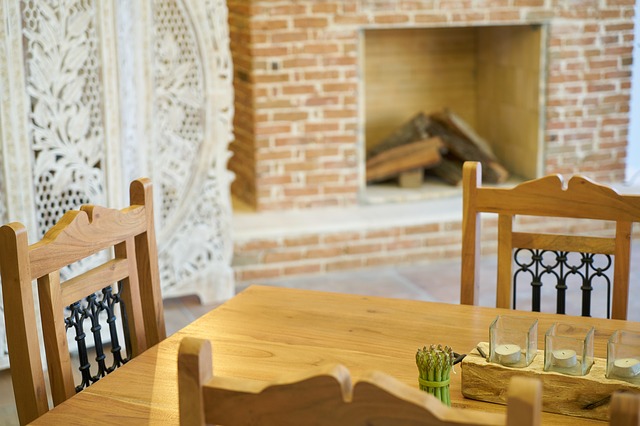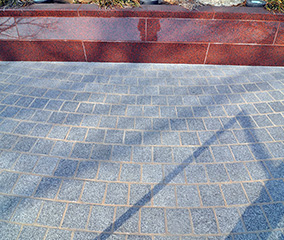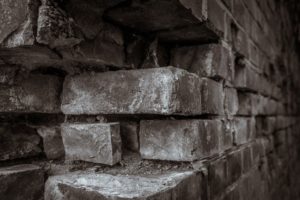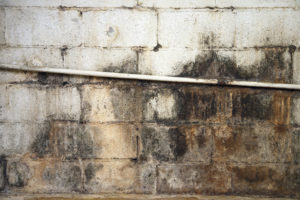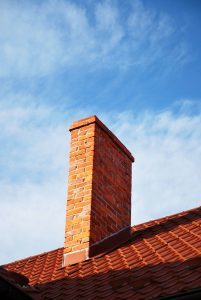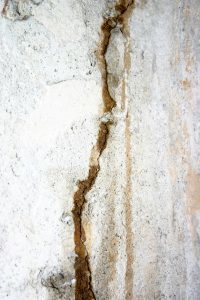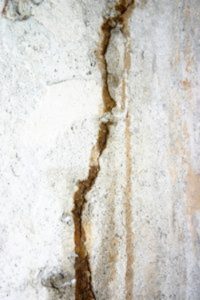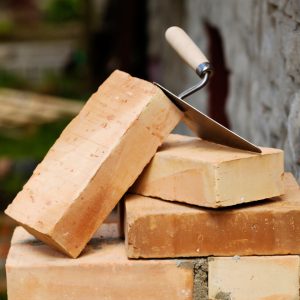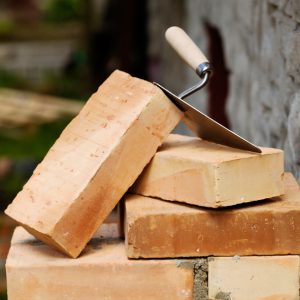
You can choose either masonry repairs or masonry restoration to fix your damaged masonry.
If you are noticing that your masonry is starting to look damaged and worn down, it may be time to invest some money into fixing it. Masonry repairs and masonry restoration are actually two different things. Your contractor will either do one or the other to renew your masonry, depending on your needs. Here is the difference between masonry repairs and masonry restoration.
The Process
Repair: When a contractor repairs masonry, they replace the areas that are damaged with new brick or stone. They will often use caulking to repair any small masonry cracks and use concrete to fill larger cracks.
Restoration: With masonry restoration, all of the old masonry is removed and new mortar is put down (a process called repointing). After the new mortar is applied, the masonry is applied again. They will clean the mortar and seal the surface so that the original look of it is preserved, but it will look as if it was freshly built all over again.
Time Frame
Repair: The time that it takes for masonry repairs varies depending on how bad the damage is and how detailed the masonry is. However, repairs are typically done in a shorter period of time than restoration.
Restoration: Masonry restoration requires a lot more attention to detail than repairs. This is because the new elements must match the surrounding older materials to make it look as good as new. You want to plan for a longer process when choosing restoration.
Budget
Repair: Because masonry repairs are generally less extensive than masonry restoration, repairs are typically the cheaper option. This is good for those who have a smaller budget, but still want to improve the look of their masonry.
Restoration: Masonry restoration requires a larger budget than repairs do. However, the final result is worth the money invested into it. Masonry restoration gives your building a fresh look and may be worth expanding your budget for.
Contact Del Prete Masonry Today for Your Masonry Repairs and Restoration!
Whether you are ready to start your next masonry project or are still hesitant and have questions, Del Prete Masonry is here to help. We have the experience and expertise to get it right the first time. Questions? Want to visit some of our residential or commercial projects? Ready to set up a consultation? Feel free to give us a call at 410-683-0650 or visit us online. We are happy to serve Baltimore City and County, Harford County, Carroll County, Anne Arundel County, and Howard County. To see examples of our work and to keep up with our new and exciting projects, be sure to Facebook, Twitter, Google+, and Pinterest.
